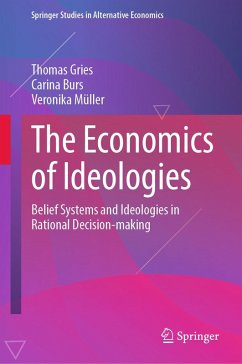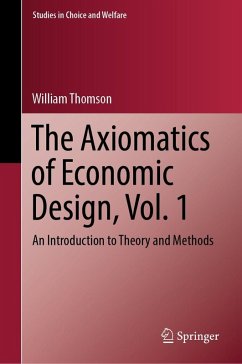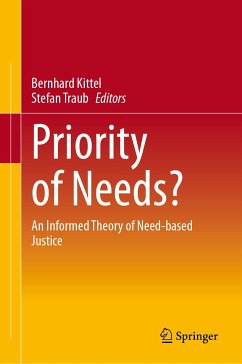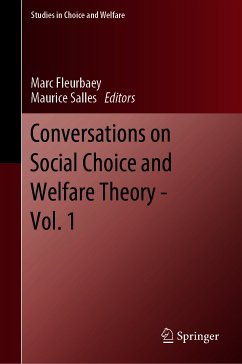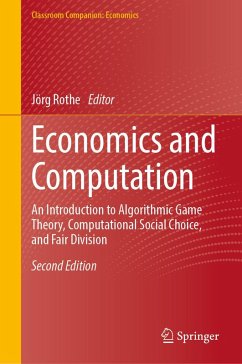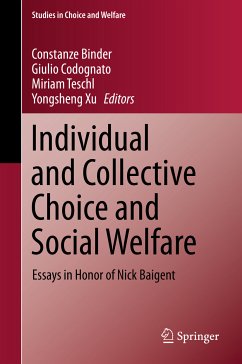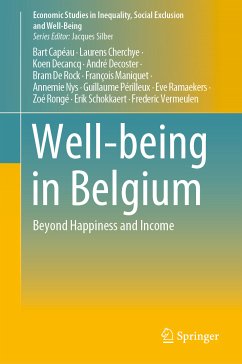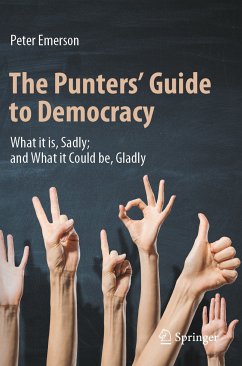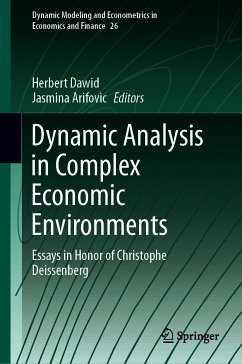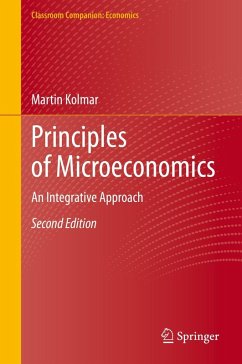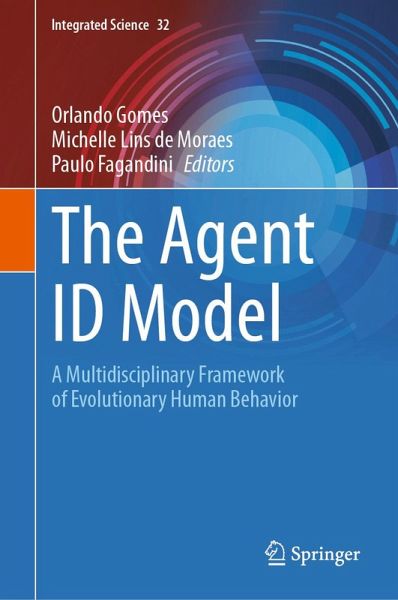
The Agent ID Model (eBook, PDF)
A Multidisciplinary Framework of Evolutionary Human Behavior
Redaktion: Gomes, Orlando; Fagandini, Paulo; Lins de Moraes, Michelle
Versandkostenfrei!
Sofort per Download lieferbar
120,95 €
inkl. MwSt.
Weitere Ausgaben:

PAYBACK Punkte
60 °P sammeln!
This book presents a comprehensive model that simulates human behavior in society, meticulously selecting and analyzing fundamental determinants such as skills and productivity, connectivity and network formation, psychological biases, moral behavior, consumption preferences, institutional arrangements, and political choices. Each agent in the model is characterized by a unique profile, and the aggregate outcomes emerge from the interactions of these diverse agents. The model is codified and simulated, and its results are compared with empirical evidence. This work offers an elegant and styliz...
This book presents a comprehensive model that simulates human behavior in society, meticulously selecting and analyzing fundamental determinants such as skills and productivity, connectivity and network formation, psychological biases, moral behavior, consumption preferences, institutional arrangements, and political choices. Each agent in the model is characterized by a unique profile, and the aggregate outcomes emerge from the interactions of these diverse agents. The model is codified and simulated, and its results are compared with empirical evidence. This work offers an elegant and stylized approach to understanding complex outcomes resulting from simple interaction rules, making a significant contribution to the literature on complexity and agent-based computational economics. The model developed here serves as a transdisciplinary framework, providing an integrated and holistic perspective on human behavior.
Dieser Download kann aus rechtlichen Gründen nur mit Rechnungsadresse in A, B, BG, CY, CZ, D, DK, EW, E, FIN, F, GR, HR, H, IRL, I, LT, L, LR, M, NL, PL, P, R, S, SLO, SK ausgeliefert werden.



